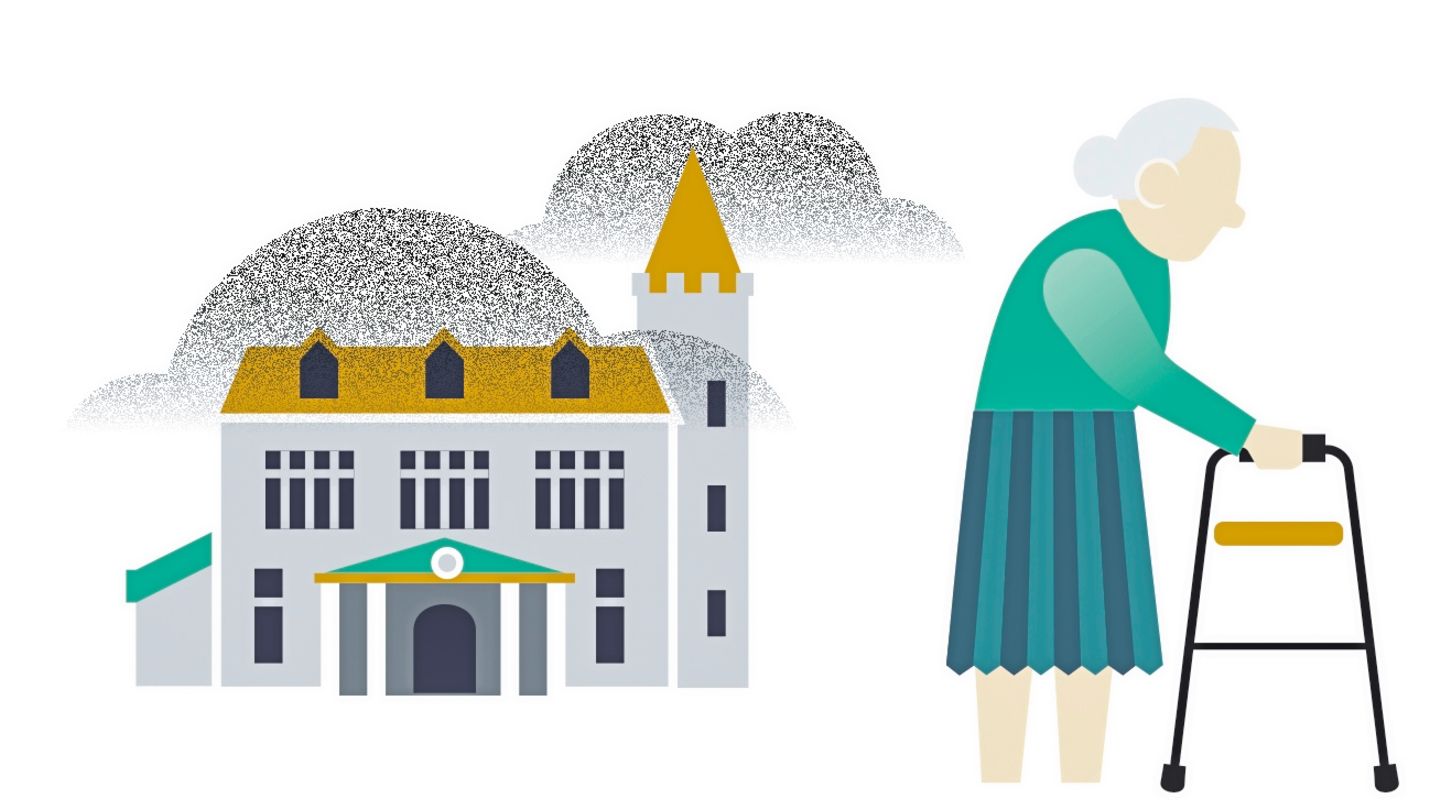“It is the first time that an instrument binds the commitments of the Paris Agreement that the countries presented to the United Nations, with a consequence. Until now (green bonds) had presented their objectives but there was no concrete consequence of non-compliance,” he emphasized. the minister.
According to Arbeleche, The operation, which involved 1,000 million dollars in cash and the remaining 500 million destined to repurchase eligible bonds, had a significant size to be able to “trade in the market and have liquidity” without being punished.
“Within the pre-funding policy that the Government has, we are in a good situation with these resources that are important; we are not going to be issuing a bond with these characteristics frequently, as we already did with global bonds, which were going to the market once or twice a year,” she added, questioning whether the broadcast will be repeated.
For his part, the Minister of the Environment, Adrián Peña, described the initiative as “a true milestone in the environmental policy of Uruguay”then, he said, “it supposes a very important synergy between the economy and the environment”.
“We are facing a moment that truly represents a turning point and that has to do with what we have tried to address from the beginning in the Ministry of the Environment (created in 2020), which is the integration of the environmental dimension in the design of the different sectoral policies,” he said.
According to Peña, Uruguay shows with this step that it has a “robustness” in its environmental policy, since, he said, the indicators that will be evaluated as part of the National Determined Contribution (NDC) of the country in 2025, were established in the previous period of government, under the last mandate of the leftist Tabaré Vázquez (2005-2010 and 2015-2020), in 2017.
According to official data from the country’s National Climate Change Response System, Uruguay’s goal in terms of native forest conservation implies maintaining its 100% surface area in 2012, with 849,960 hectares, a goal that, according to monitoring, is currently progressing with full compliance.
Regarding gases, the country promised in the Paris Agreement to reduce its carbon dioxide emissions per unit of Gross Domestic Product (GDP) to 24% and to bring those of nitrous oxide and methane to 48% and 57%, respectively; goals that already exceed 80% in their level of progress.
Source: Ambito
David William is a talented author who has made a name for himself in the world of writing. He is a professional author who writes on a wide range of topics, from general interest to opinion news. David is currently working as a writer at 24 hours worlds where he brings his unique perspective and in-depth research to his articles, making them both informative and engaging.




